Agricultural Experiment Station (AES) Faculty
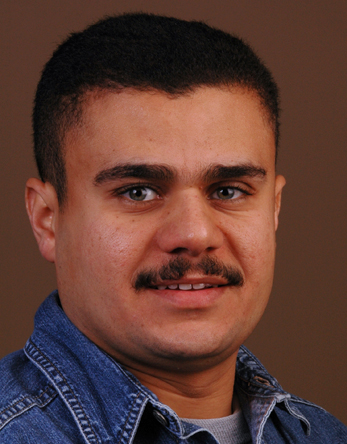
Dr. Sharif Aly

Dr. John Angelos

Dr. Rob Atwill
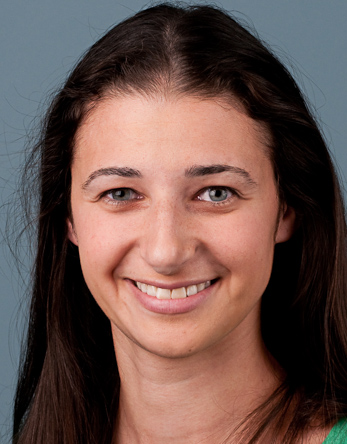
Dr. Terza Brostoff

Dr. Munashe Chigerwe

Dr. Lark Coffey

Dr. Sarah Depenbrock

Dr. Vladimir Diaz-Ochoa
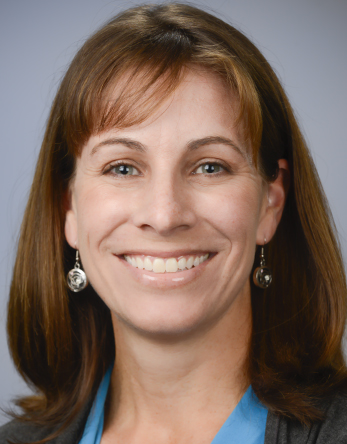
Dr. Carrie Finno

Dr. Rodrigo Gallardo

Dr. Meera Heller

Dr. Tessa LeCuyer

Dr. Fabio Lima

Dr. Beatriz Martinez-Lopez

Dr. Bret McNabb

Dr. Brian Murphy

Dr. Pramod K Pandey
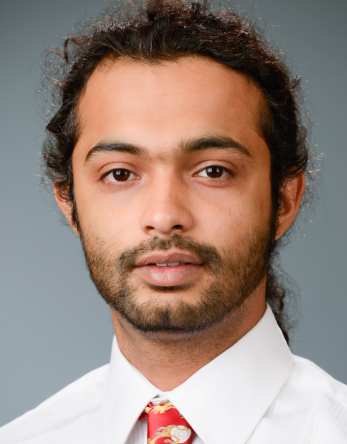
Dr. Pranav Pandit

Dr. Alda Pires

Dr. Heidi Rossow

Dr. Wilson Rumbeiha

Dr. Karen Shapiro

Dr. Esteban Soto Martinez

Dr. Woutrina Smith

Dr. Lisa Tell
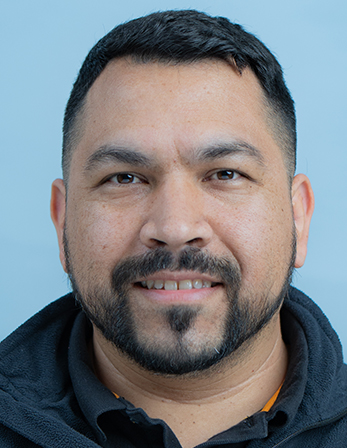
Dr. Rodolfo Urbano
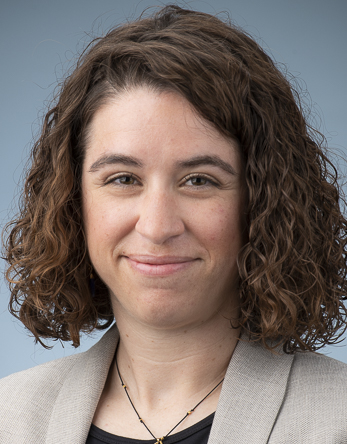
Dr. Grace VanHoy

Dr. Richard Van Vleck Pereira

Dr. Bart C Weimer
EMERITI FACULTY

Dr. Terry Lehenbauer

Dr. Walter Boyce

Dr. Pat Conrad

Dr. Bruno Chomel

Dr. James Cullor

Dr. Alan Conley
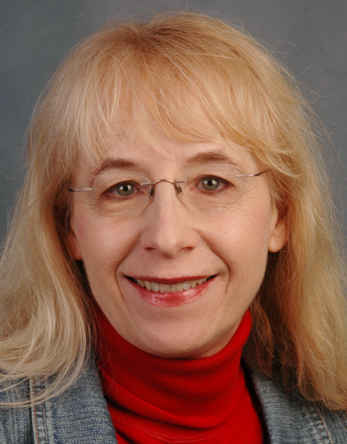
Dr. Laurel Gershwin

Dr. Jim MacLachlan

Dr. Joan Dean Rowe

